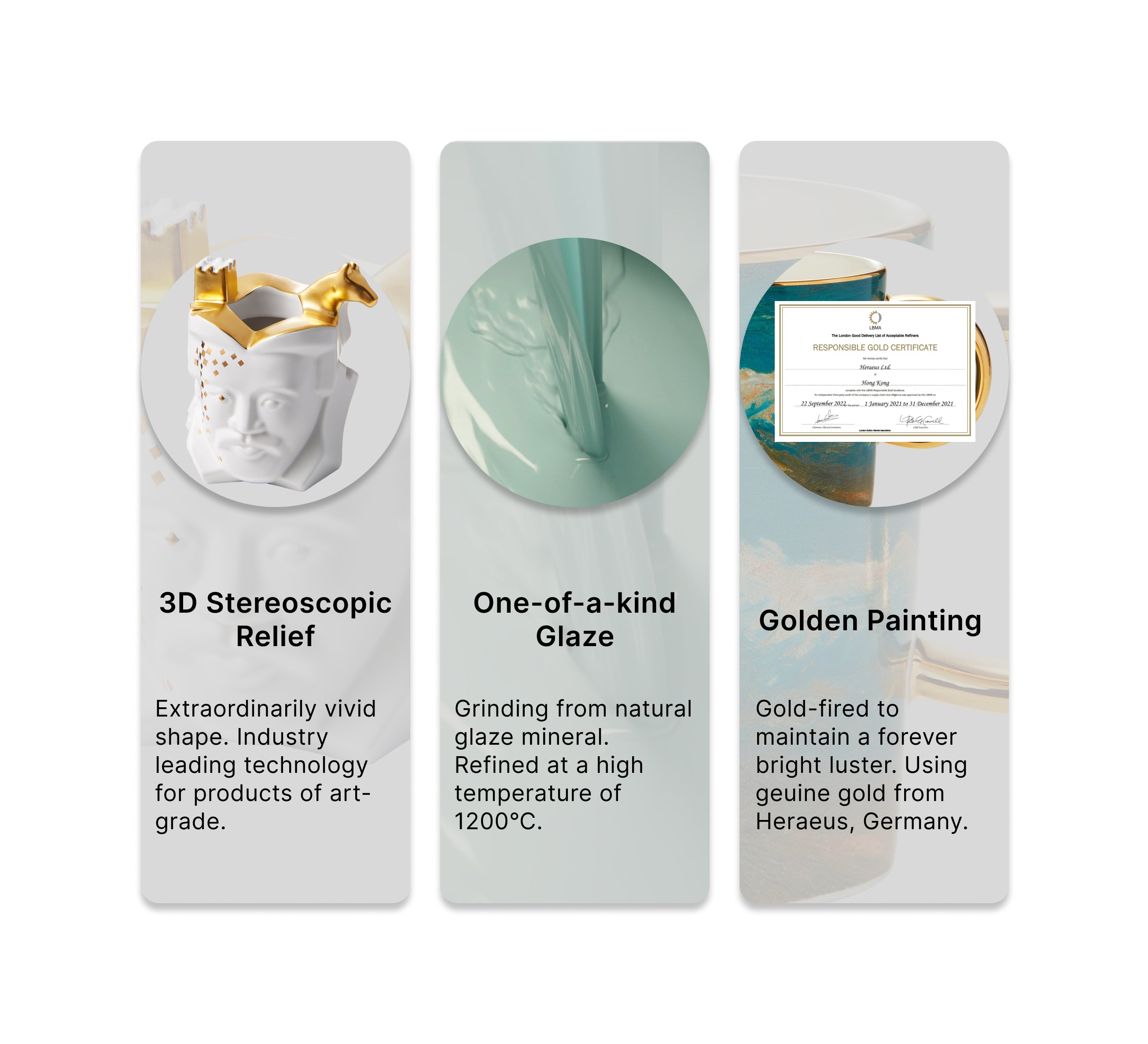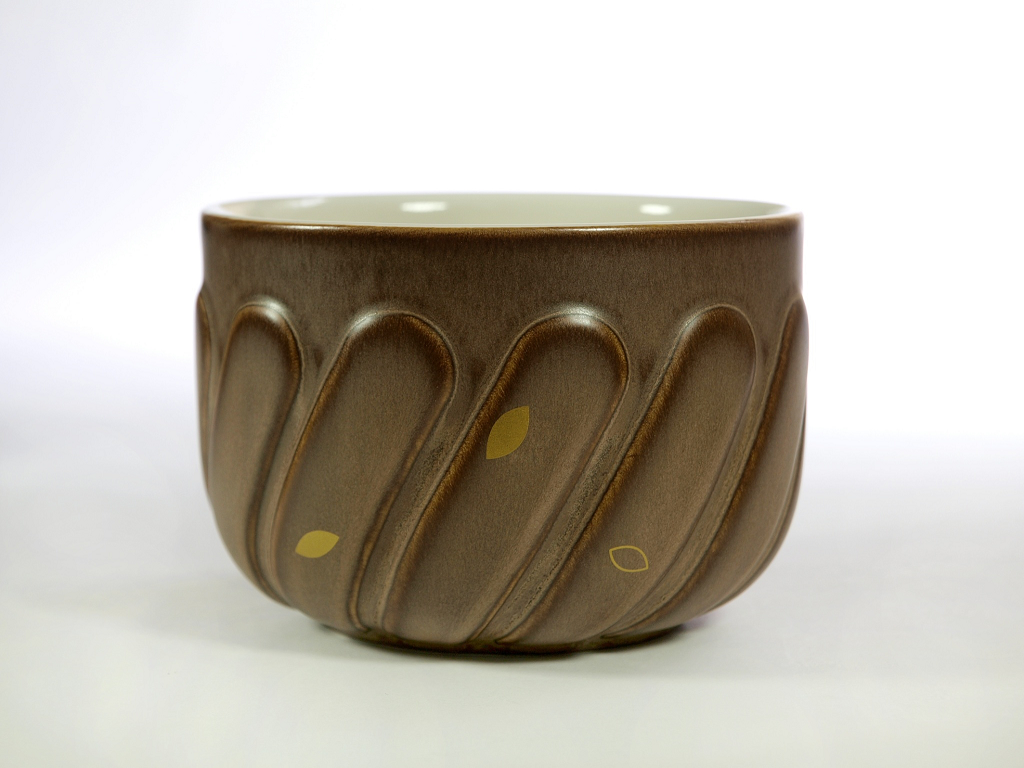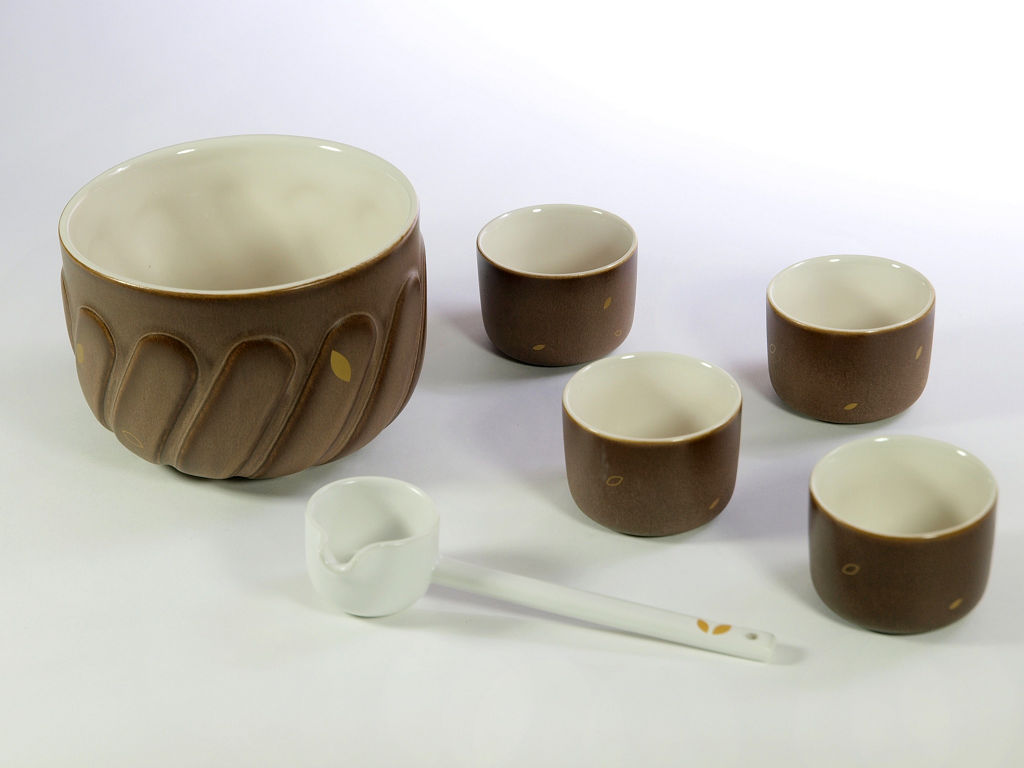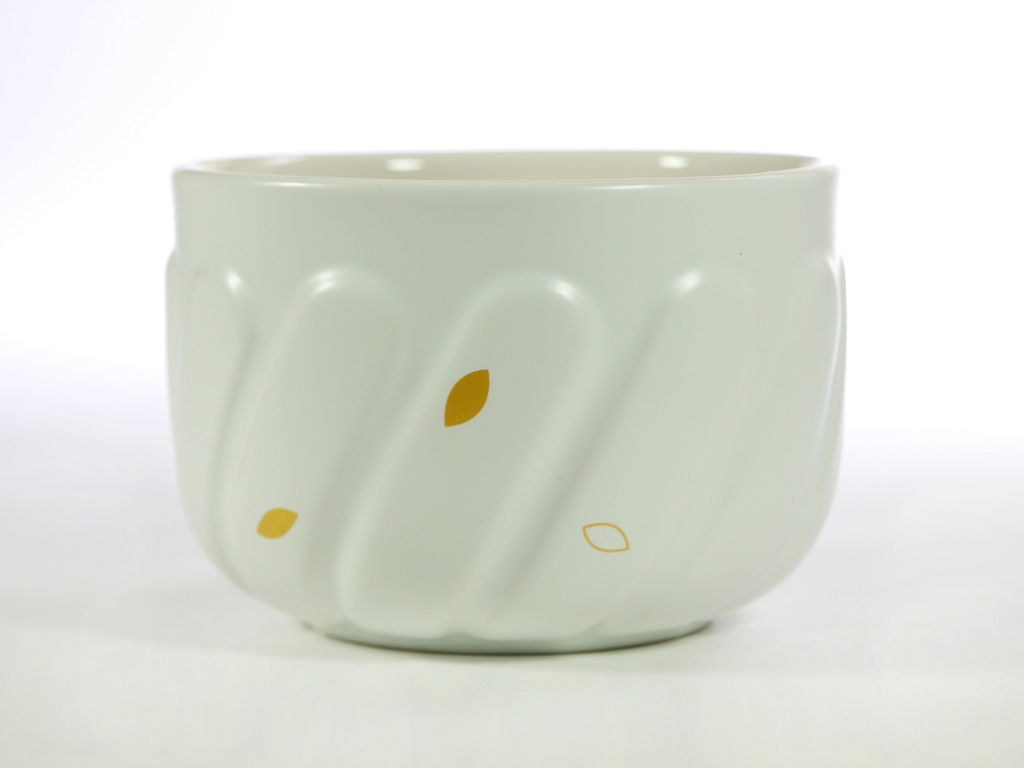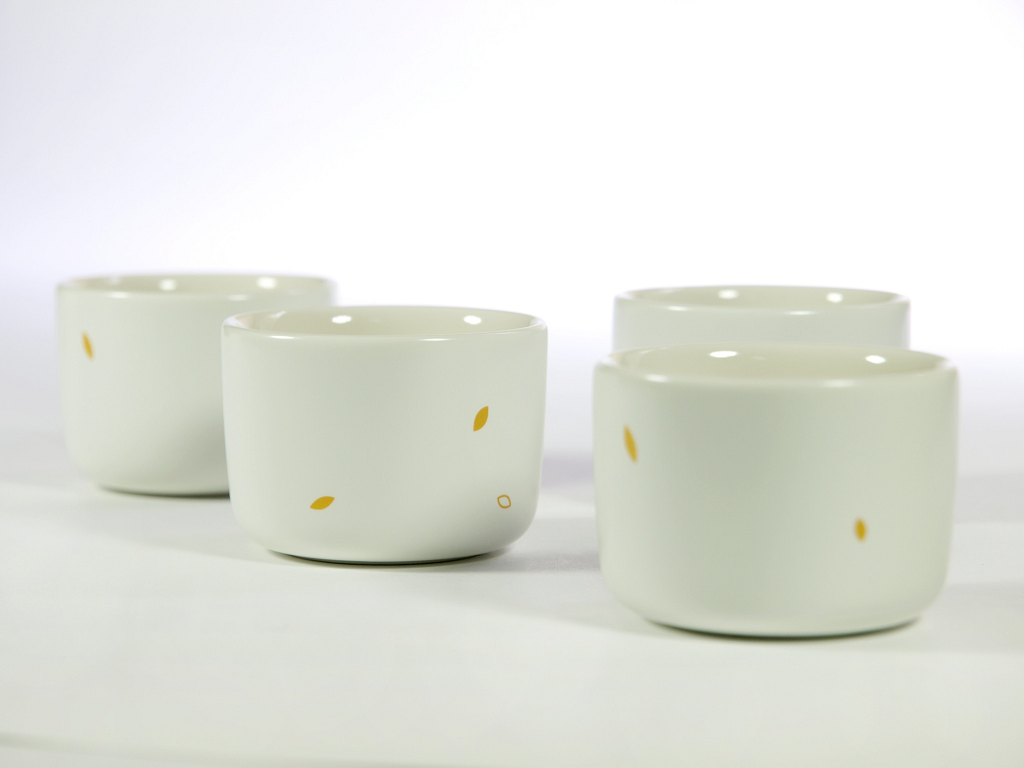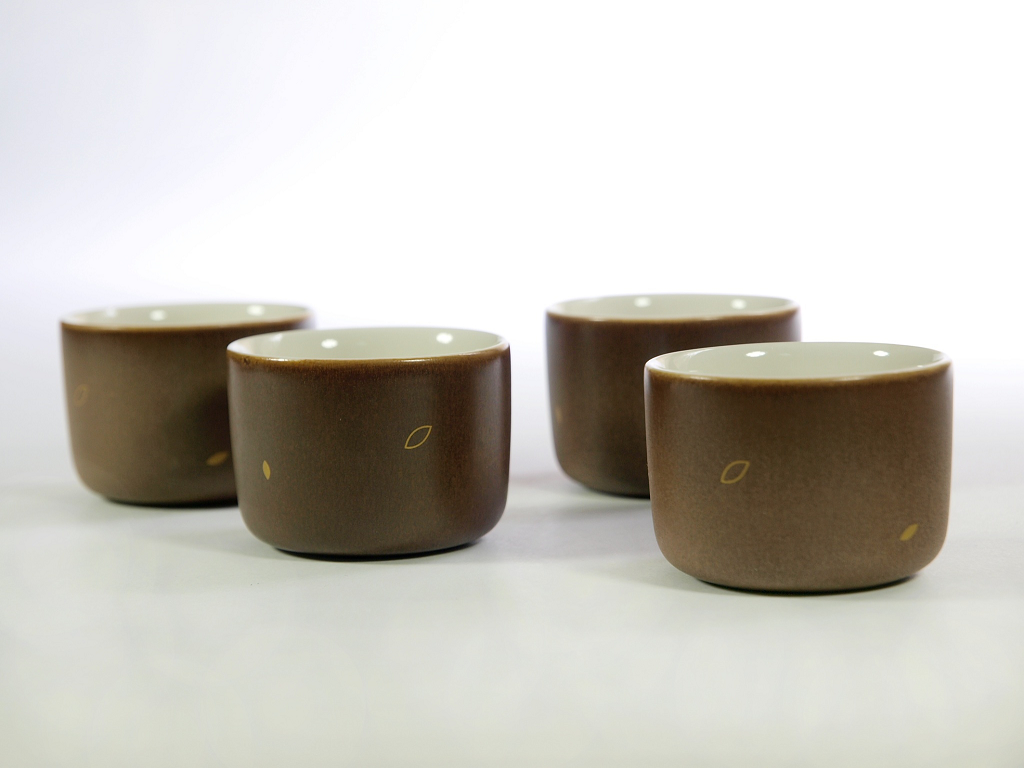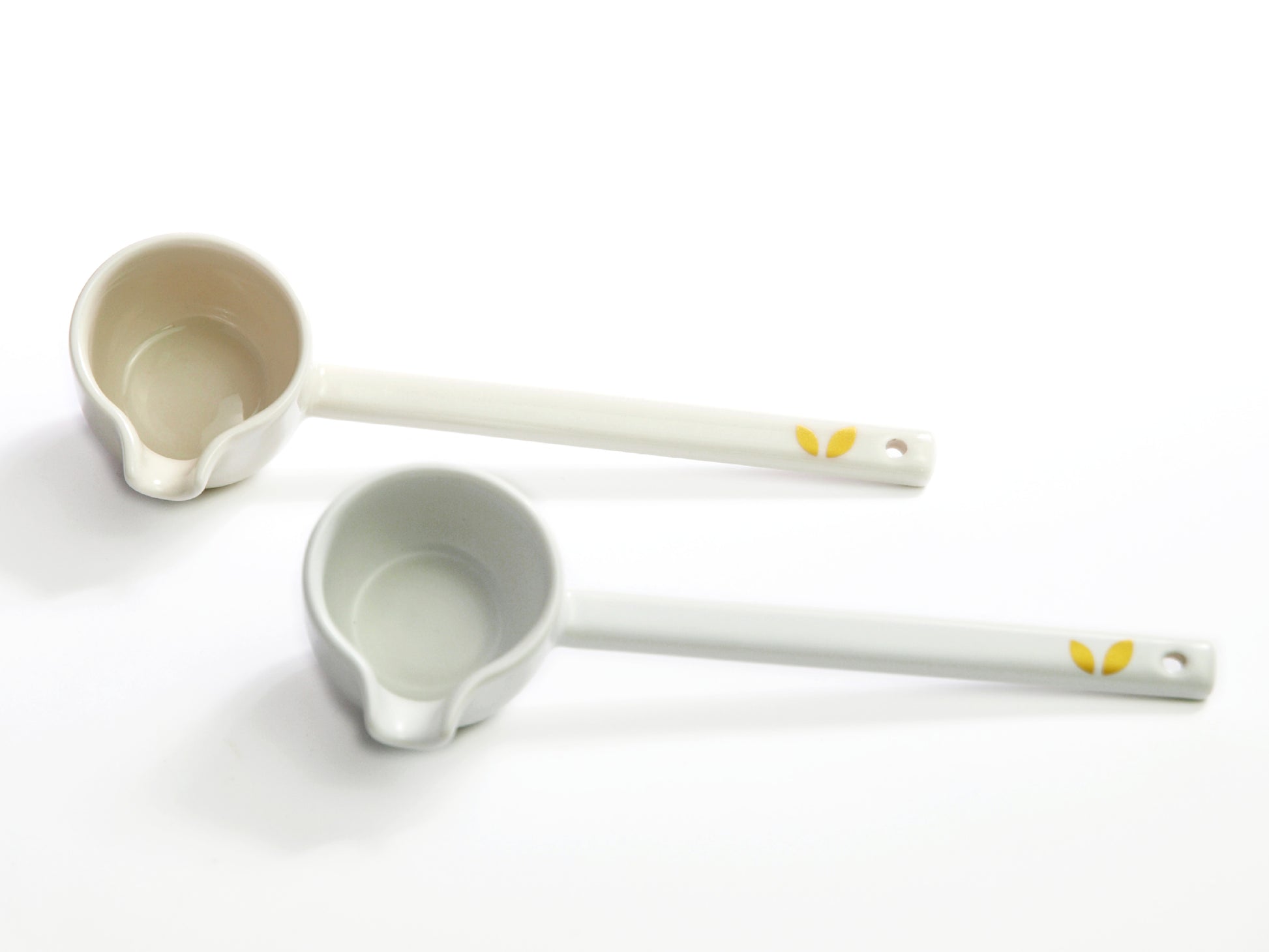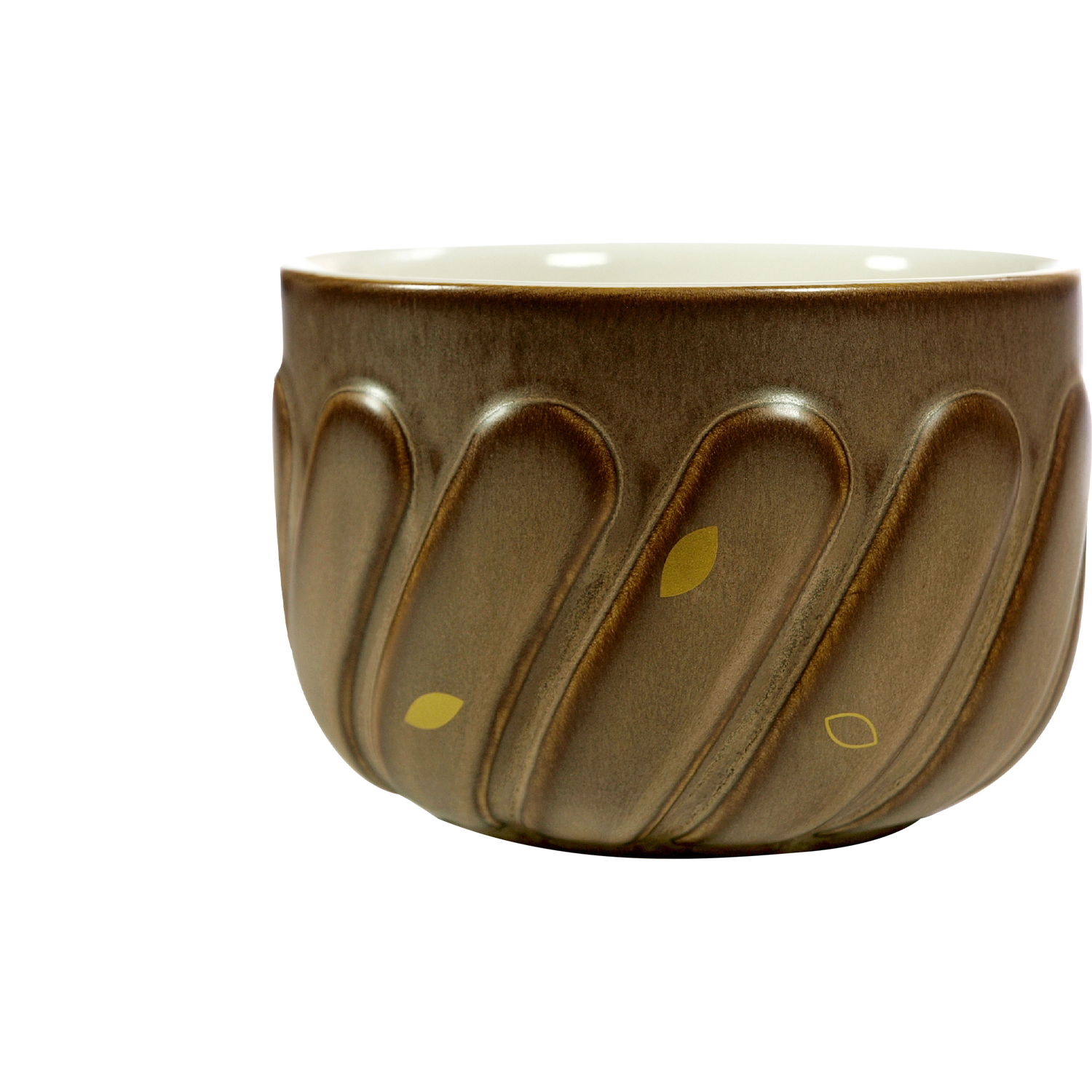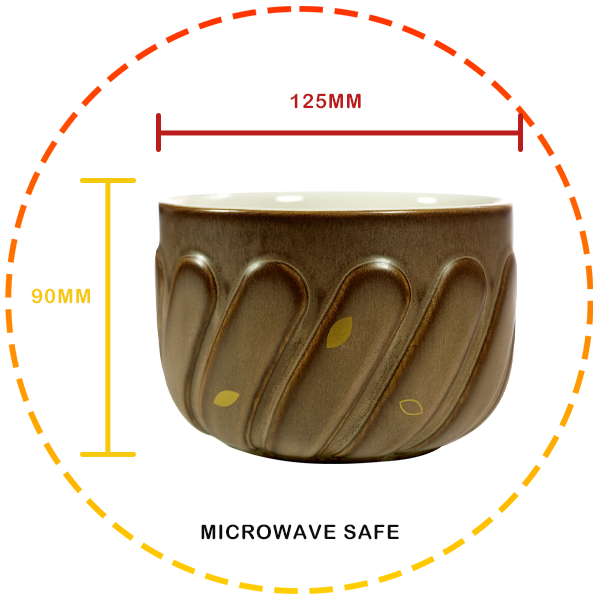Diligence in Nature (Tea Bowl/Tea Scoop/Tea Cup)
1
/
of
2
CeramiCraze
Diligence in Nature (Tea Bowl/Tea Scoop/Tea Cup)
Diligence in Nature (Tea Bowl/Tea Scoop/Tea Cup)
Regular price
$78.99 USD
Regular price
Sale price
$78.99 USD
Unit price
/
per
Couldn't load pickup availability
| Specification |
◆Size:
Bowl:125x125x90(mm)
Spoon:155x50x28(mm)
Mug:55x55x42(mm)
◆Material: Porcelain
◆Manufacturing method: manual + machine
◆Place of Origin: Designed in Taiwan + Made in China
| Thoughtful Features |
1.The Bright glazes are lead free and cadmium free, fired at 1250°C, and meet SGS food containers standards.
Materials
Materials
Shipping & Returns
Shipping & Returns
Dimensions
Dimensions
Care Instructions
Care Instructions
Share
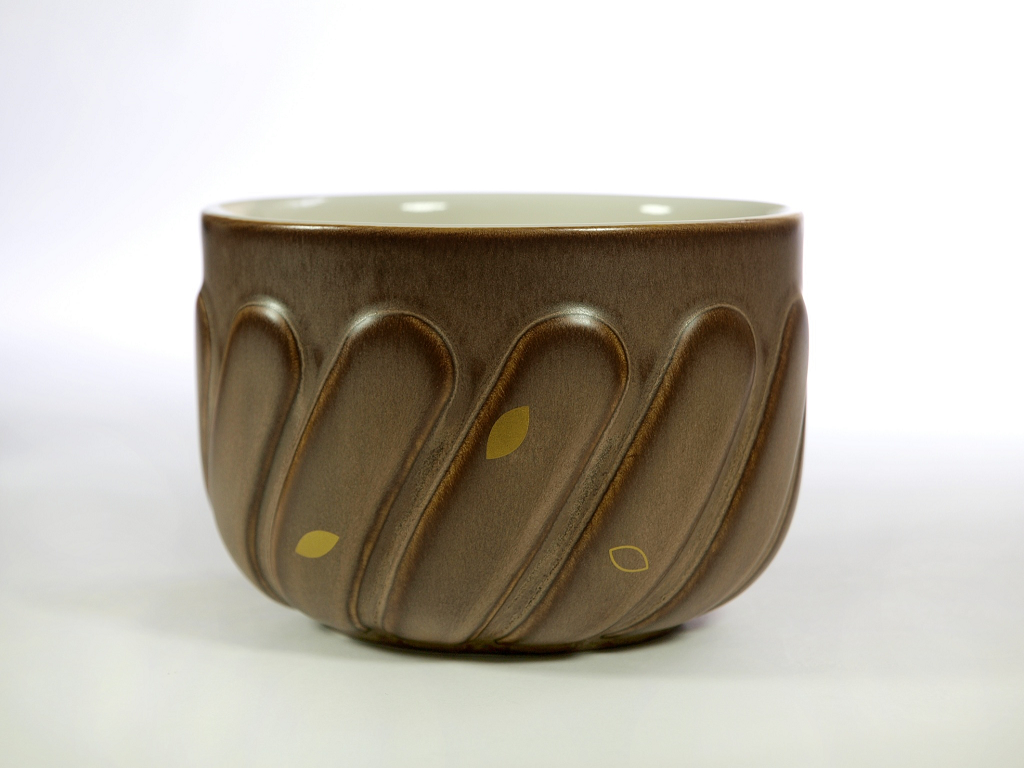
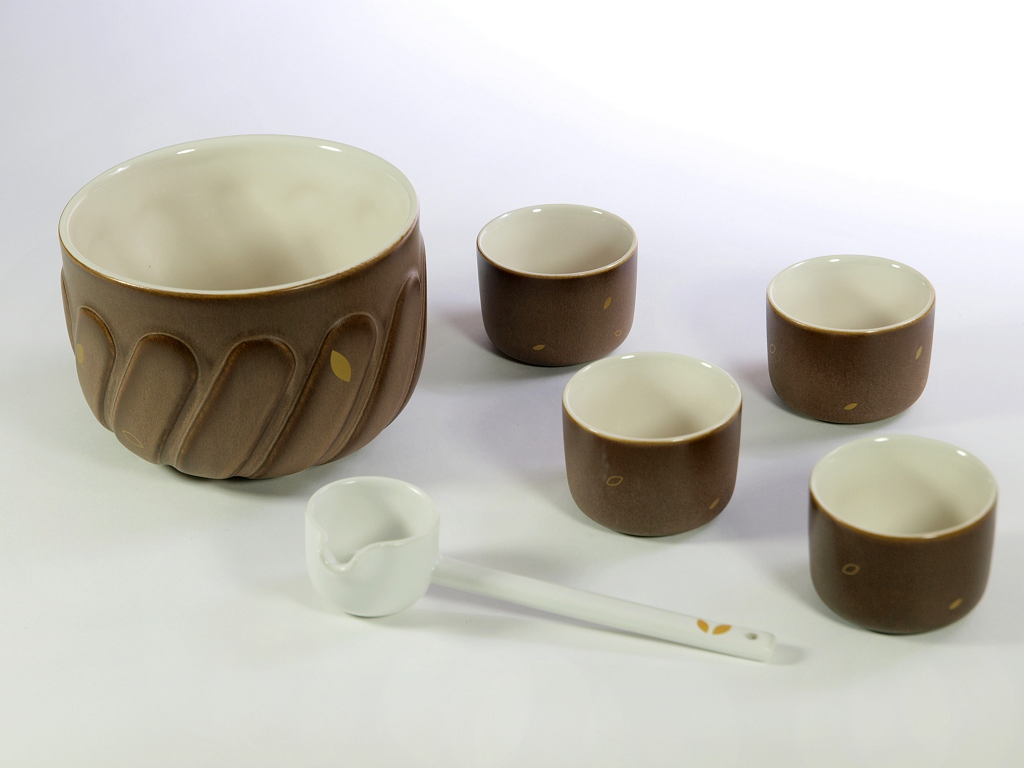
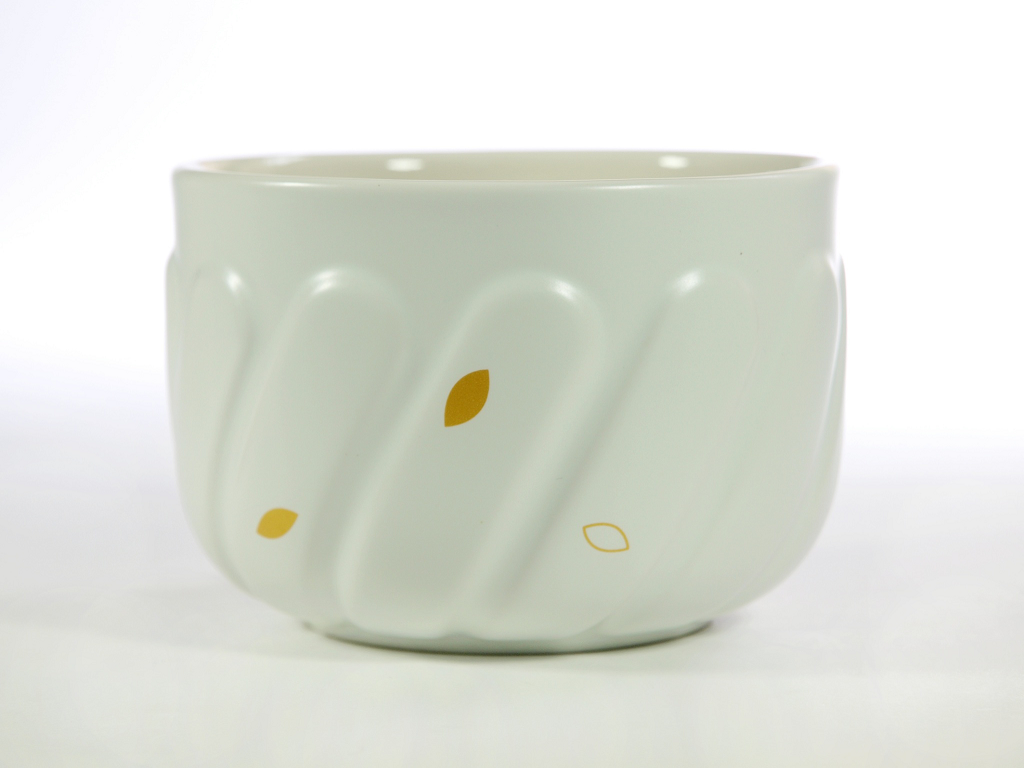
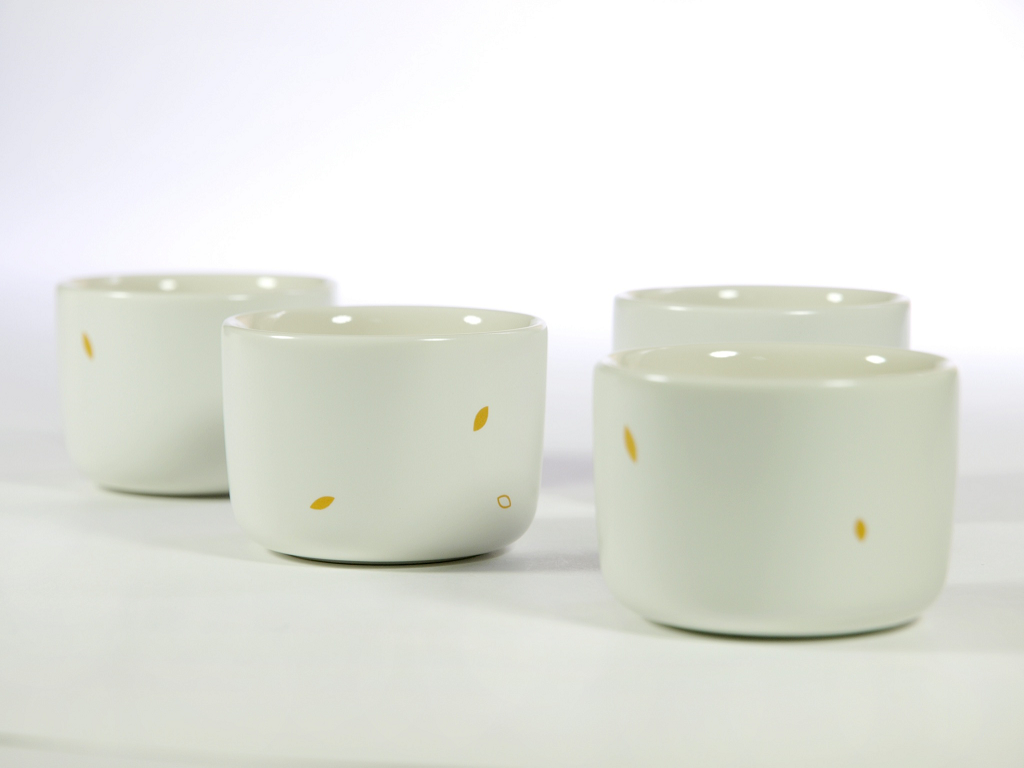
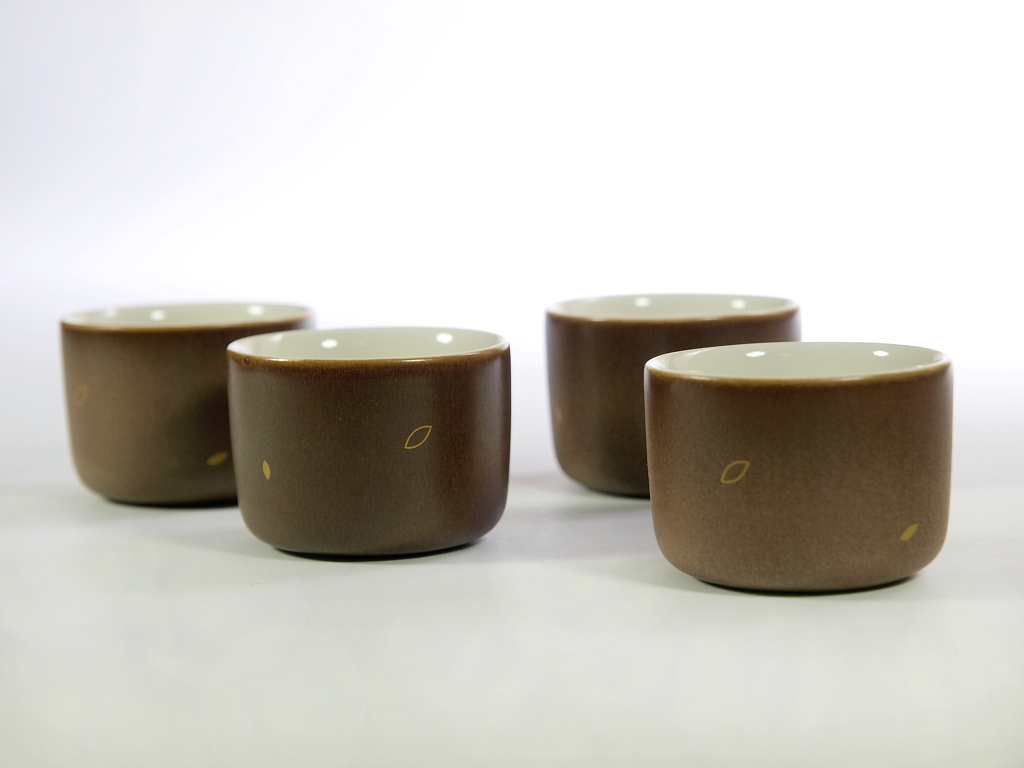
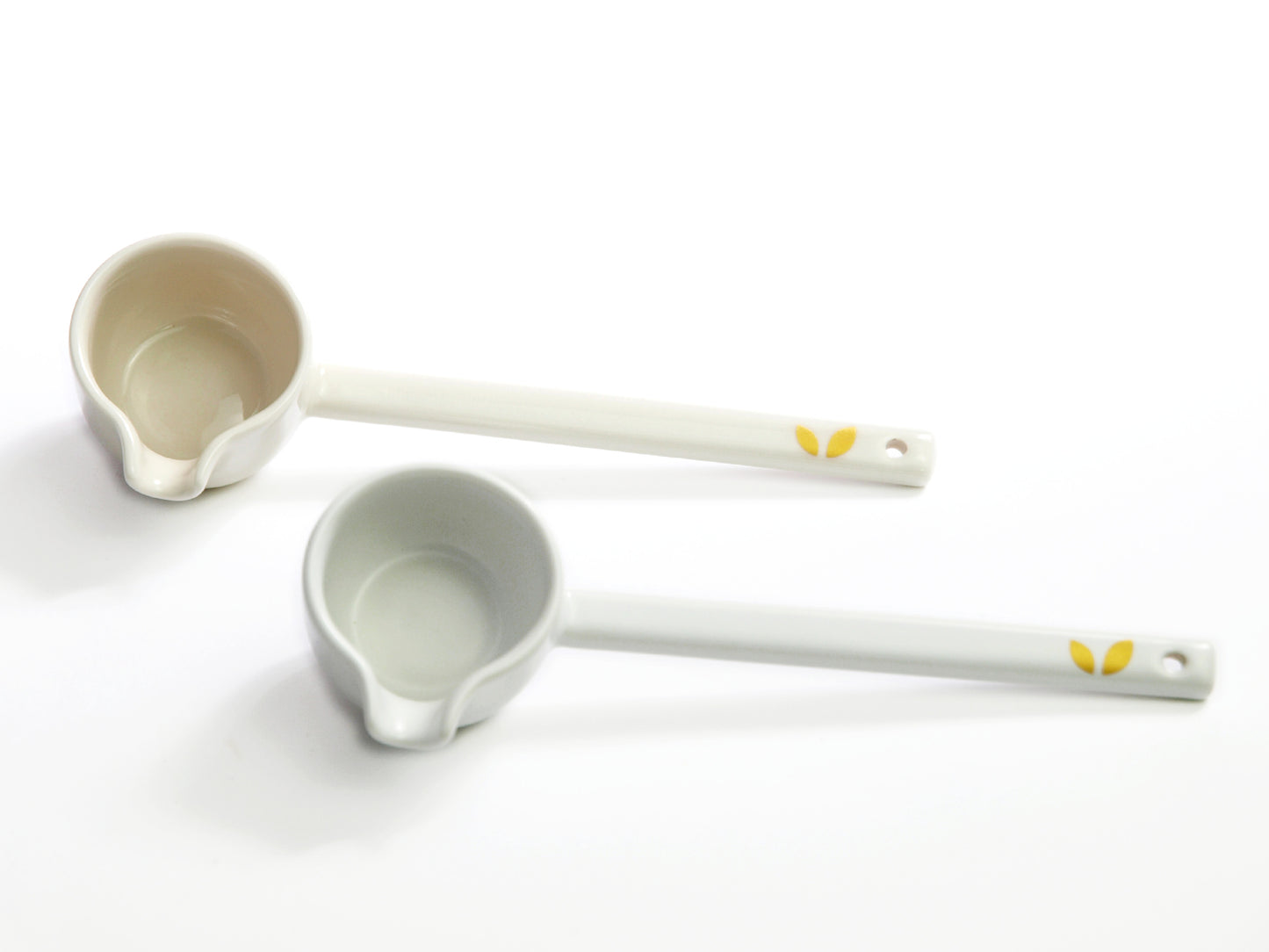
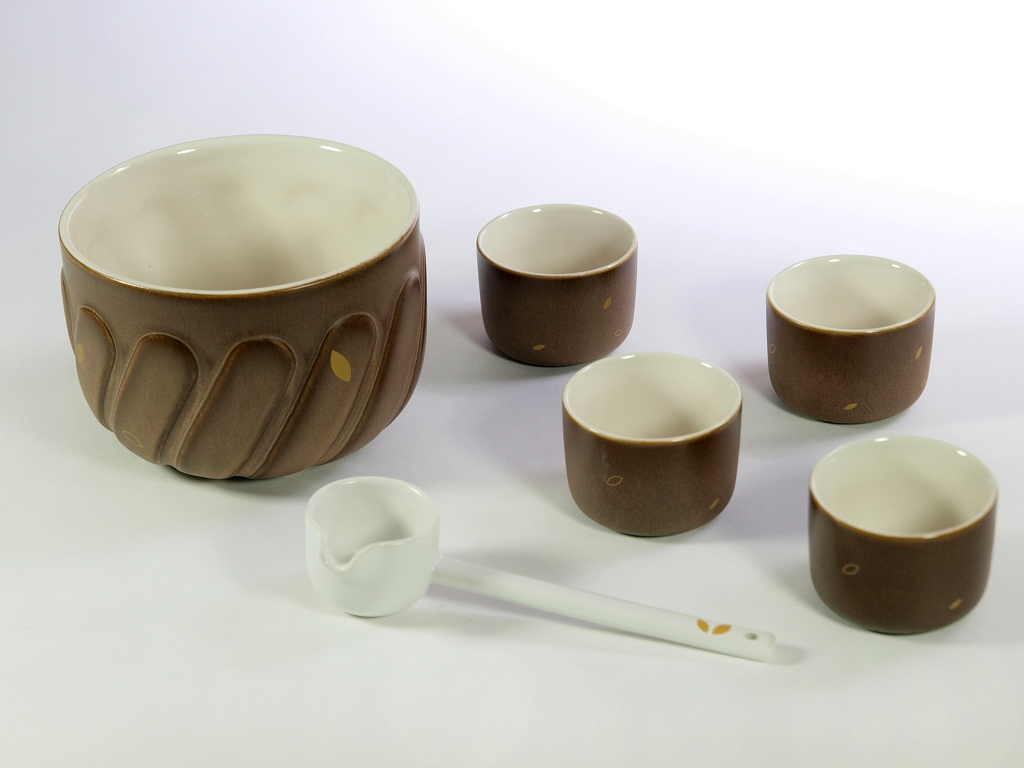
Diligence in Nature (Tea Bowl/Tea Scoop/Tea Cup)
The scenery of Alishan tea plantations is green and lush. The tea bowl is covered in embossed, terraced plots of tea gardens with embellishment of golden leaves that symbolize wealth and dream. It is said that, when touring southern China, Emperor Qianlong once composed a poem saying, "I am pleased to see today's tea-harvesting, as people of Wu diligently work in nature." One's diligent cultivation in nature will surely be rewarded abundantly by the land.
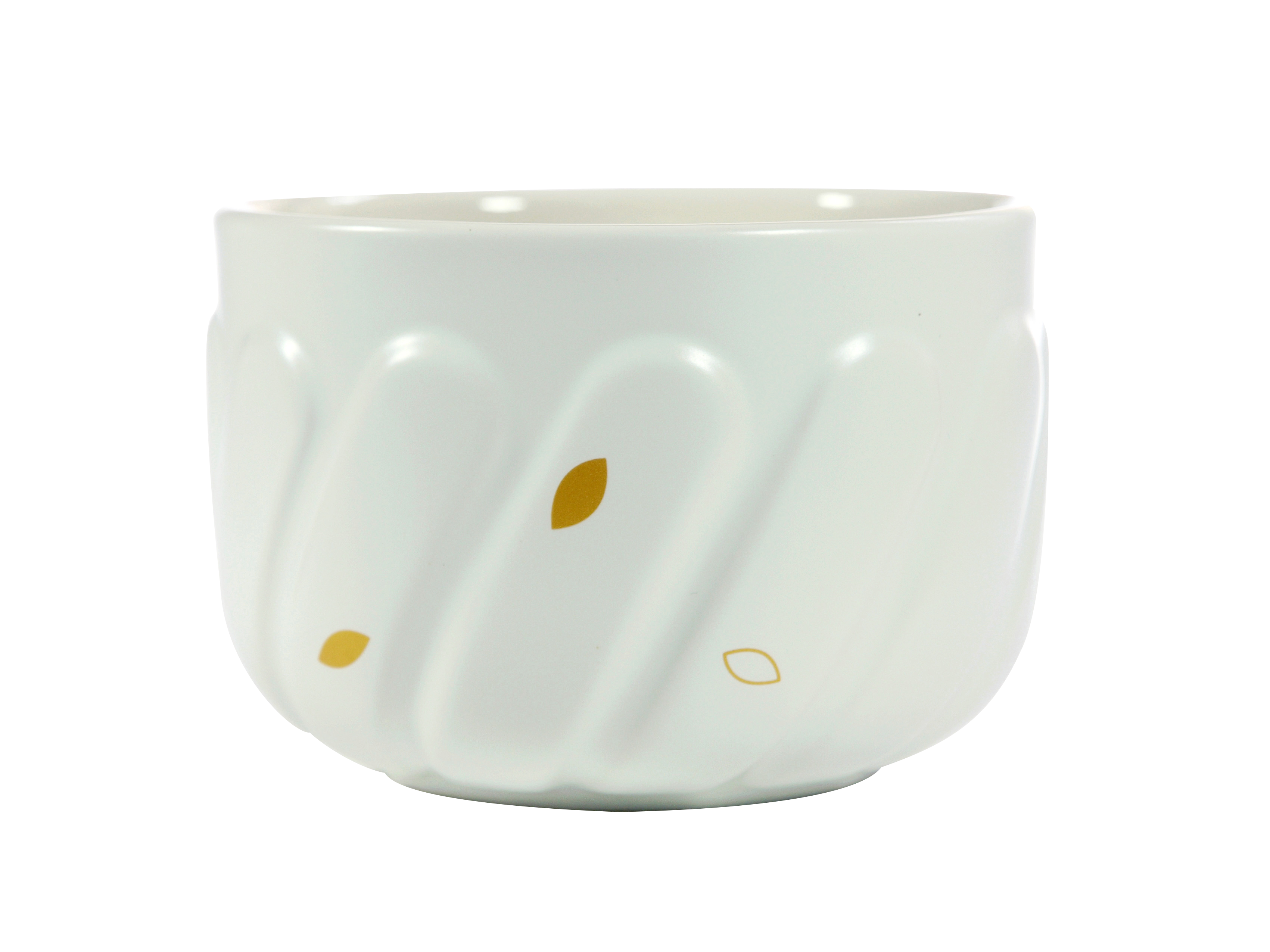
The Alishan region in Chiayi is known for its tea plantations situated between 1000 to 1800 meters above sea level, producing tea commonly referred to as Alishan tea. The area's high mountain climate, frequent mist, significant temperature variations, and shorter daily sunlight compared to lower altitudes contribute to the distinctive brisk and mellow taste of Alishan tea.
In the earlier days when transportation was challenging in rural communities, many relied on traveling long distances on foot, crossing mountains and hills. Kind and warm-hearted Hakka farmers would set up large bowls of tea along the way in pavilions, sprinkling cleaned rice husks inside. Passersby would use a ladle to push aside the rice husks before scooping and drinking the tea. The purpose of the rice husks was to allow weary travelers to catch their breath before drinking, preventing them from consuming the tea too hastily. This tradition is the origin of the term "Feng Cha" or "offering tea."
